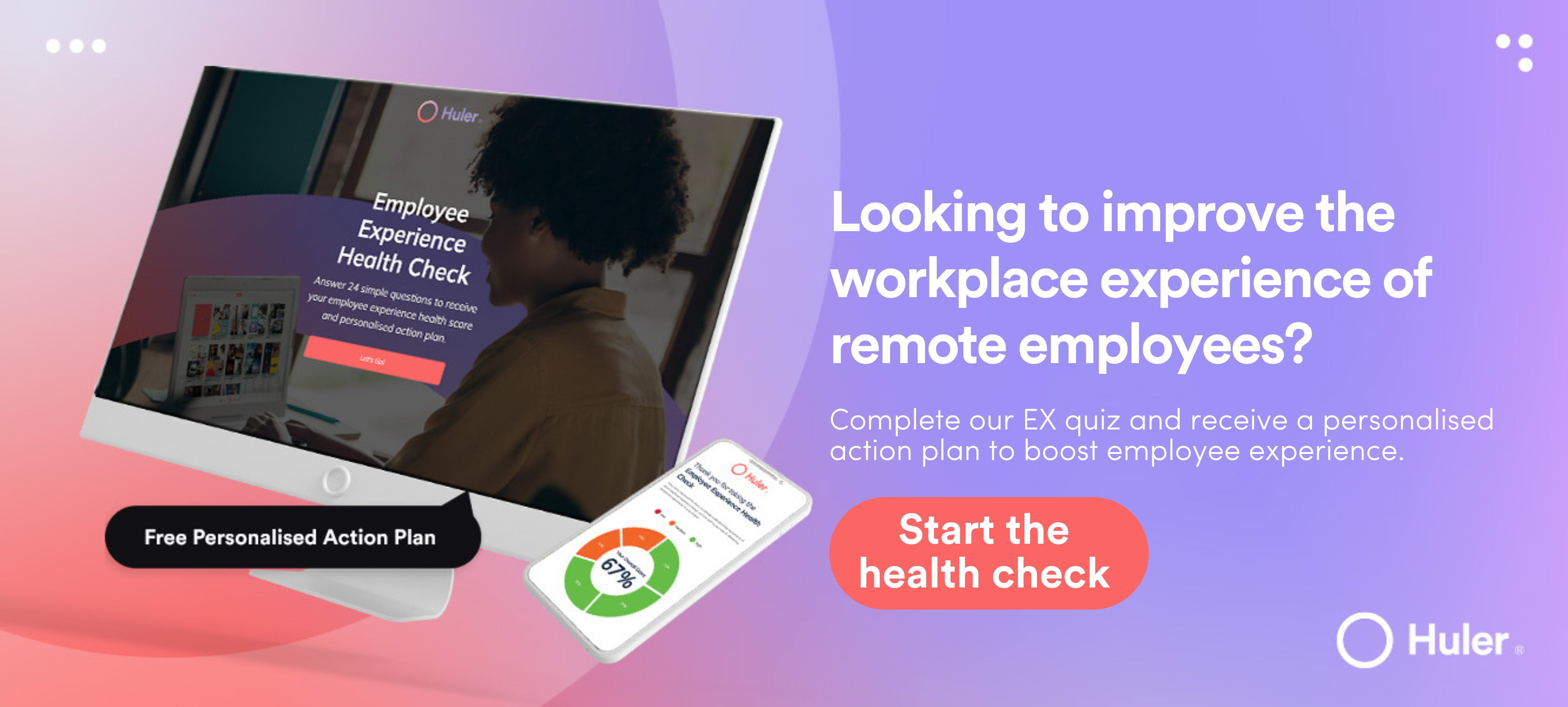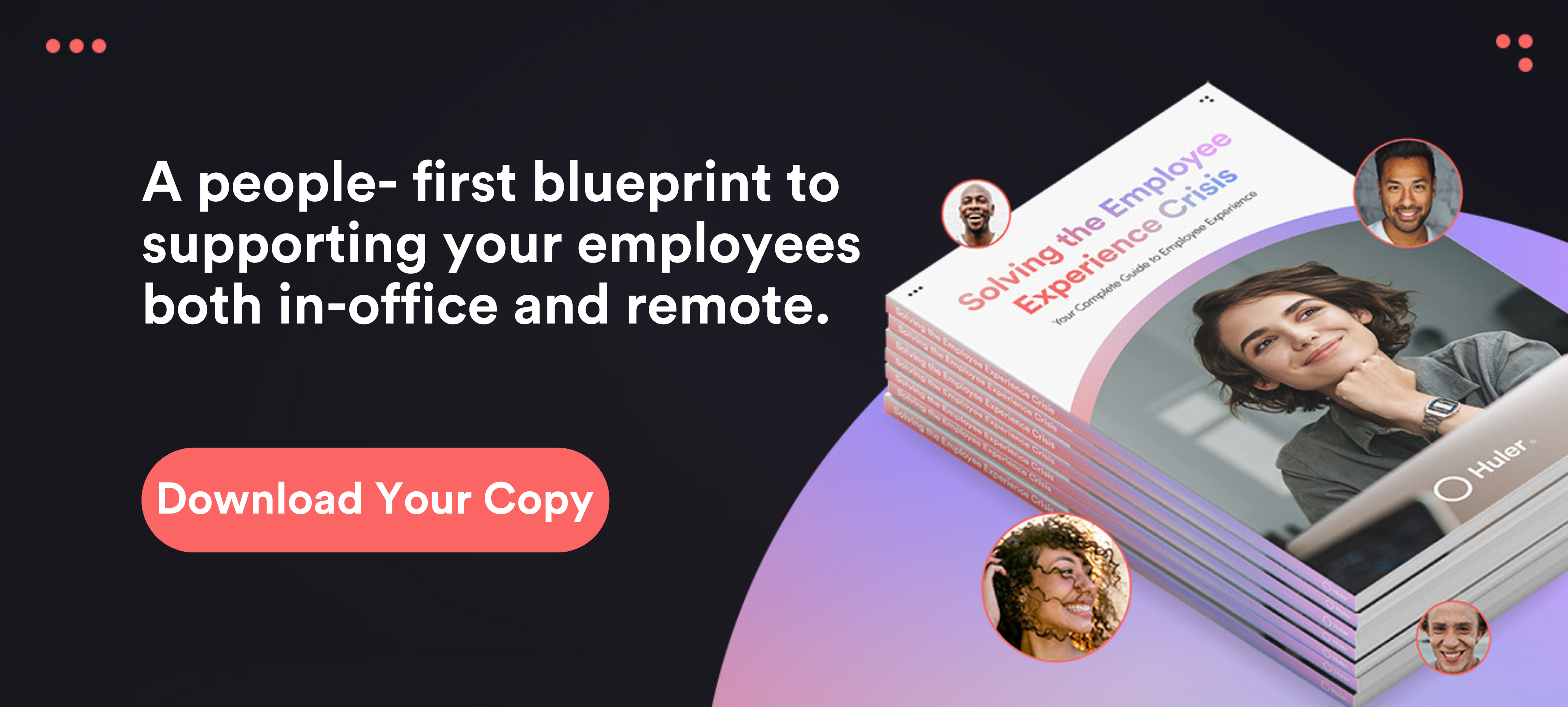Airbnb recently informed its employees about a new, flexible approach to work. In an email by Brian Chesky to Airbnb’s global workforce, the company laid out plans for where and how colleagues will work together moving forwards.
While the original email, which can be found on Airbnb’s blog, explained the rationale behind the company’s decision in more detail, the solution and its design can be neatly summarised into 5 points:
- Employees can work from home or the office
- Employees can move anywhere in the country they work in and their compensation won’t change
- Employees can travel and work around the world
- The workforce will meet up regularly for team gatherings, off-sites and social events
- The workforce will continue to work in a highly coordinated way
This move from Airbnb is motivated by a desire to provide their employees with a flexible lifestyle.
So what can we learn from Airbnb’s new work from anywhere policy?
4 Lessons About Working From Anywhere From Airbnb
Choice Is Everything
Airbnb’s employees, with the exception of a few positions that are required to work in the office or at certain locations, have the freedom to choose, not just where they work, but also where they live in the country they work, or even where they travel to.
It’s clear that this part of the policy has been directly influenced by the way customers have used Airbnb’s in the recent past. In the blog, CEO Brian Chesky writes:
“During the second half of 2021, 20% of our nights booked were for stays of longer than a month, and half were for stays of longer than a week.”
Based on this, the company has concluded that the world has become a lot more flexible, including the working world. Enabled by the right technology, a lot of roles can be fulfilled from anywhere, with no pressing need to be in the same country or time-zone, let alone the same premises.
Transparency Is The Best Policy
The announcement is clear and concise, addressing key concerns and clearly stating the boundaries within which employees can indeed work from anywhere.
For example, employees are told they can move anywhere in the country they work. In the blog, Chesky goes into more detail about this, explaining that if employees move their compensation won’t change and if an employee’s pay was set ‘using a lower location-based pay tier, [they’ll] receive an increase in June.”
There are two ‘caveats’ to this point, which are also clearly stated. The first is that employees need to talk to their manager ‘about performance and time zone expectations’ as well as their availability ‘for team gatherings’ prior to a move. Secondly, the blog stipulates that Airbnb ‘won’t be able to support’ permanent international moves’ this year.
Throughout the course of the email, Chesky makes it crystal clear exactly what this policy means for employees. What they can do, what they can’t do, and how they go about doing the things they can do is laid out in black and white – so there’s no room for ambiguity or confusion.
Human Connection Matters
When organisations shift to hybrid work or remote-first models, they face the challenge of maintaining human connection, communication, collaboration, and innovation. Chesky notes this in his email, writing:
“…we believe that the most meaningful connections happen in person. Zoom is great for maintaining relationships, but it’s not the best way to deepen them. Additionally, some creative work and collaboration is best done when you’re in the same room.”
Truly hybrid ways of working take the best bits of remote working and the best bits of working on-site and combine them. The announcement details that it is okay to say that sometimes collaboration needs to happen face to face. It is okay to appreciate that perhaps we do have to be intentional about the mediums we use to discuss certain topics, or ideate on projects.
Airbnb masterfully shows that it isn’t a case of us vs them, or in this case remote vs office. Choosing what works at an organizational level and making it a reality in the day-to-day running of the business is key.
You Must Design Your Culture
Our all time favourite quote from Chesky in the email to employees is:
“…design the culture you want, or it will be designed for you.”
No workplace is devoid of culture. Whether it’s a key focus or not, workplace culture grows organically from the behaviours of the people within it. What Chesky is getting at here is that in order to create optimum workplace cultures for employees, leadership teams need to intentionally shape theirs in a way that aligns with their values and goals.
Throughout the course of the email, Chesky reinforces Airbnb’s culture through the lens of its core values. This includes phrases like:
- “We want to hire and retain the best people in the world (like you).”
- “Airbnb is in the business of human connection above all else…”
- “We’ve designed a way for you to live and work anywhere – while collaborating in a highly coordinated way, and experiencing the in-person connection that makes Airbnb special.”
- “I trust you, and flexibility only works when you trust the people on your team.”
Airbnb clearly lives and breathes its values, which enables them to implement work from anywhere in a positive, productive way.
Let’s Reinvent The Way We Work Together
Here at Huler, we’re thrilled to see a global business such as Airbnb continue to revolutionise the future of work through a people-first lens that embraces working from anywhere. That is, after all, what we’re all about, and why we created HulerHub – the world’s best-looking, fully personalised employee experience platform. To learn more about our pioneering digital workplace solution, and how it can help enable work from anywhere in your business, book a demo now.







